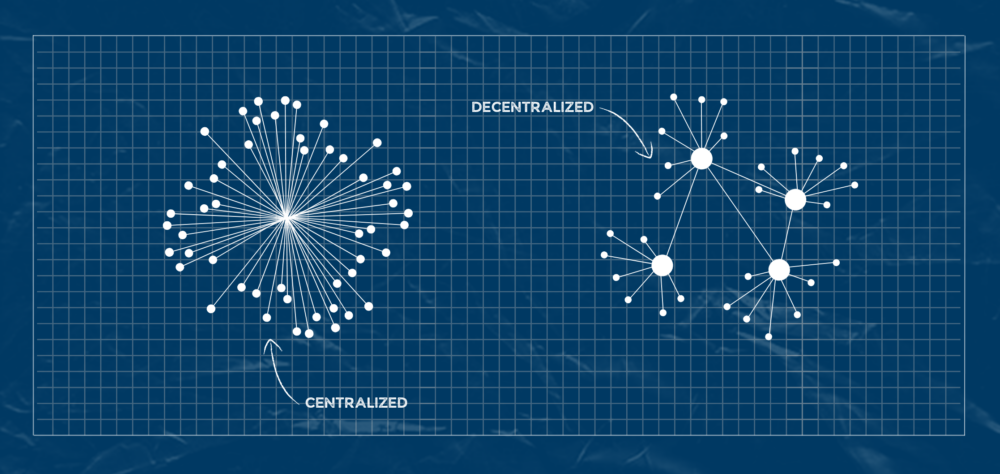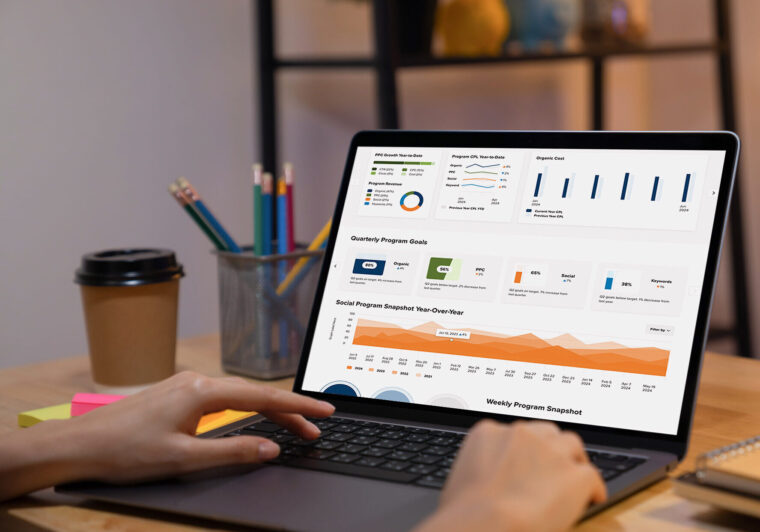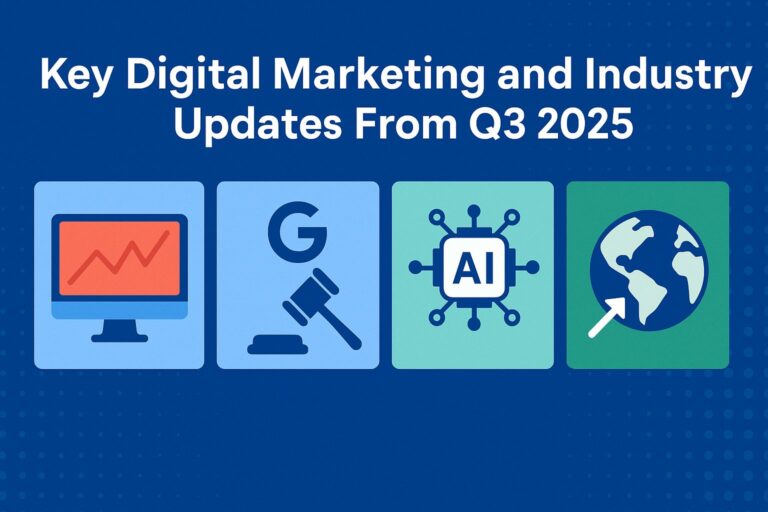Keep It Simple With a Centralized Website
October-15-2024 by GLI Content Team in Industry Resources
Share on Twitter,
LinkedIn

When operating a multi-location business, there are a number of decisions that can impact your bottom line. These decisions carry consequences, so it’s important to be equipped with the right information when the time comes. Ultimately, the easiest decision you should have to make is your website. Keeping your website on one centralized site (domain) removes the expense and maintenance that comes with separating it and can actually benefit your online marketing efforts. Learn how a centralized site will drive savings and efficiencies for your business through the following key areas.
How It Benefits SEO
Centralizing websites works best for SEO because it leverages the power of one domain instead of splitting its authority across a number of domains. Every ounce of authority the domain captures is gathered in one place with a centralized website. In a decentralized site, that authority is split in a number of directions, spreading the equity thin. Keeping a business site centralized also prevents multiple versions of the same page from competing against each other. For example, having two pages for the same location on two separate domains confuses Google on which page to serve for a query. Without strong signals to one property, Google is left to guess which version is the official page for that location.
Optimizes Your Paid Search Campaign Faster
Nowadays, paid search campaigns are powered by machine learning. Machine learning needs data to spot trends. The more data it has access to, the more quickly it can make decisions and optimizations. By running campaigns in one Google account and not spreading it across multiple, Google Ads is able to learn faster. This leads to greater reach potential and more conversions if these campaigns are managed effectively.
Data Efficiencies
A centralized site makes reporting concise and efficient. For reporting, all domains have to be set up and tracked separately across your portfolio of tools used to measure success (Google Analytics, Google Search Console, STAT keyword tracking). Metrics would then have to be aggregated to report on the business as a whole. With a centralized site, not only is the setup easier for all your tracking and reporting, but the efficiencies continue to show themselves after that.
Efficient IT Resources
From a hosting perspective, the costs of hosting different domains and the server space needed can add up. A website must have the resources (storage, CPU, memory) to load fast and store all the files necessary. This bandwidth and storage capacity is cheaper and much more efficient with a centralized website. This leads to fewer servers, fewer load balancers, and fewer databases, all of which make updating your site faster and easier.
Streamline Your Website With Go Local Interactive
By now, you can see how a centralized website can save a business money, optimize paid advertising spending, and even enhance organic search presence. This one decision, which is too often taken lightly, can work for you or against you. Why not let it work for you? Contact us online today and discover how Go Local can help you centralize your website and lay the groundwork for more effective digital marketing strategies.
More Case Studies & Blogs
How a social media strategy doubled visibility, generating a 50% increase in online conversions and sales.

Let’s Work Together.
Get the best out of your digital marketing efforts with an expert agency. Contact us and let's get started driving success together.


